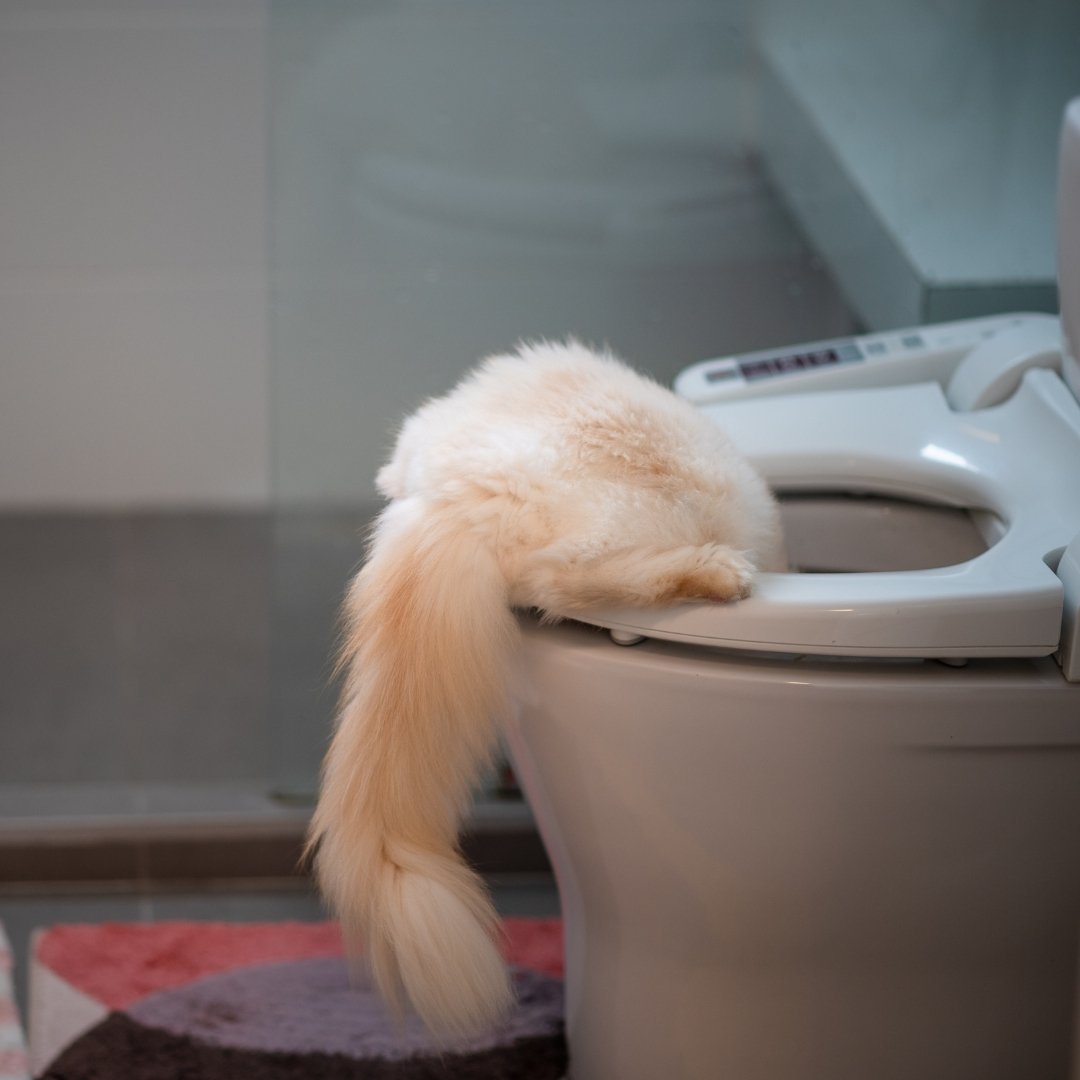Reasons Flushing Cat Poop Down Your Toilet Isn't a Good Idea - Tips for Safer Disposal
Reasons Flushing Cat Poop Down Your Toilet Isn't a Good Idea - Tips for Safer Disposal
Blog Article
The publisher is making a number of good pointers regarding How to Dispose of Cat Poop and Litter Without Plastic Bags overall in this article beneath.

Introduction
As feline owners, it's essential to bear in mind how we dispose of our feline friends' waste. While it might seem hassle-free to flush pet cat poop down the bathroom, this practice can have destructive repercussions for both the environment and human wellness.
Alternatives to Flushing
The good news is, there are much safer and more accountable ways to take care of feline poop. Take into consideration the complying with alternatives:
1. Scoop and Dispose in Trash
One of the most common approach of throwing away feline poop is to scoop it right into a naturally degradable bag and toss it in the trash. Make certain to use a committed litter inside story and deal with the waste without delay.
2. Use Biodegradable Litter
Go with naturally degradable pet cat litter made from products such as corn or wheat. These clutters are environmentally friendly and can be securely dealt with in the garbage.
3. Hide in the Yard
If you have a yard, think about hiding feline waste in a marked area away from veggie yards and water sources. Make sure to dig deep adequate to prevent contamination of groundwater.
4. Set Up a Pet Waste Disposal System
Purchase a pet dog waste disposal system especially designed for feline waste. These systems make use of enzymes to break down the waste, lowering odor and environmental effect.
Wellness Risks
In addition to ecological problems, flushing cat waste can likewise posture health dangers to people. Feline feces might have Toxoplasma gondii, a parasite that can cause toxoplasmosis-- a potentially serious health problem, specifically for expectant women and individuals with weakened body immune systems.
Ecological Impact
Purging pet cat poop presents unsafe pathogens and parasites into the water supply, positioning a substantial threat to marine ecological communities. These impurities can adversely influence aquatic life and concession water top quality.
Verdict
Liable pet dog possession extends past giving food and sanctuary-- it additionally entails correct waste monitoring. By avoiding flushing cat poop down the toilet and opting for alternative disposal methods, we can minimize our environmental impact and shield human health and wellness.
Why Can’t I Flush Cat Poop?
It Spreads a Parasite
Cats are frequently infected with a parasite called toxoplasma gondii. The parasite causes an infection called toxoplasmosis. It is usually harmless to cats. The parasite only uses cat poop as a host for its eggs. Otherwise, the cat’s immune system usually keeps the infection at low enough levels to maintain its own health. But it does not stop the develop of eggs. These eggs are tiny and surprisingly tough. They may survive for a year before they begin to grow. But that’s the problem.
Our wastewater system is not designed to deal with toxoplasmosis eggs. Instead, most eggs will flush from your toilet into sewers and wastewater management plants. After the sewage is treated for many other harmful things in it, it is typically released into local rivers, lakes, or oceans. Here, the toxoplasmosis eggs can find new hosts, including starfish, crabs, otters, and many other wildlife. For many, this is a significant risk to their health. Toxoplasmosis can also end up infecting water sources that are important for agriculture, which means our deer, pigs, and sheep can get infected too.
Is There Risk to Humans?
There can be a risk to human life from flushing cat poop down the toilet. If you do so, the parasites from your cat’s poop can end up in shellfish, game animals, or livestock. If this meat is then served raw or undercooked, the people who eat it can get sick.
In fact, according to the CDC, 40 million people in the United States are infected with toxoplasma gondii. They get it from exposure to infected seafood, or from some kind of cat poop contamination, like drinking from a stream that is contaminated or touching anything that has come into contact with cat poop. That includes just cleaning a cat litter box.
Most people who get infected with these parasites will not develop any symptoms. However, for pregnant women or for those with compromised immune systems, the parasite can cause severe health problems.
How to Handle Cat Poop
The best way to handle cat poop is actually to clean the box more often. The eggs that the parasite sheds will not become active until one to five days after the cat poops. That means that if you clean daily, you’re much less likely to come into direct contact with infectious eggs.
That said, always dispose of cat poop in the garbage and not down the toilet. Wash your hands before and after you clean the litter box, and bring the bag of poop right outside to your garbage bins.
https://trenchlesssolutionsusa.com/why-cant-i-flush-cat-poop/

I am just very intrigued by How to Dispose of Cat Poop and Litter Without Plastic Bags and I am hoping you appreciated our piece. Loved our blog? Please share it. Help others locate it. We love reading our article about How to Dispose of Cat Poop and Litter Without Plastic Bags.
Get An Estimate Report this page